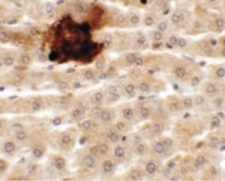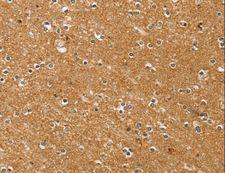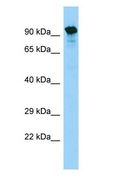order histories, retained contact details for faster checkout, review submissions, and special promotions.
Forgot password?
order histories, retained contact details for faster checkout, review submissions, and special promotions.
Locations
Orders Processing,
Shipping & Receiving,
Warehouse
2 Shaker Rd Suites
B001/B101
Shirley, MA 01464
Production Lab
Floor 6, Suite 620
20700 44th Avenue W
Lynnwood, WA 98036
Telephone Numbers
Tel: +1 (206) 374-1102
Fax: +1 (206) 577-4565
Contact Us
Additional Contact Details
order histories, retained contact details for faster checkout, review submissions, and special promotions.
Forgot password?
order histories, retained contact details for faster checkout, review submissions, and special promotions.
SYTL5
synaptotagmin-like 5
SYTL5 belongs to the synaptotagmin-like (Slp) protein family, which contains a unique homology domain at the N-terminus, referred to as the Slp homology domain (SHD). The SHD functions as a binding site for Rab27A, which plays a role in protein transport. Expression of this gene is restricted to placenta and liver, suggesting that it might be involved in Rab27A-dependent membrane trafficking in specific tissues. Alternatively spliced transcript variants encoding different isoforms have been found for this gene.
| Gene Name: | synaptotagmin-like 5 |
| Synonyms: | SYTL5, Exophilin 9, Synaptotagmin-like protein 5, Synaptotagmin-like 5, Slp5 |
| Target Sequences: | NP_620135.1 Q8TDW5 |







If you do not find the reagent or information you require, please contact Customer.Support@LSBio.com to inquire about additional products in development.









